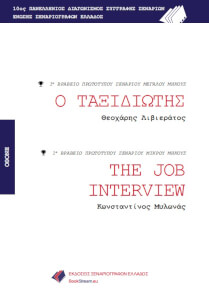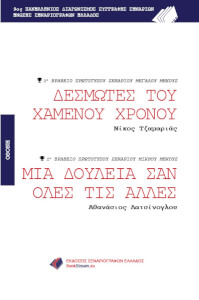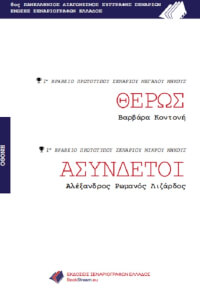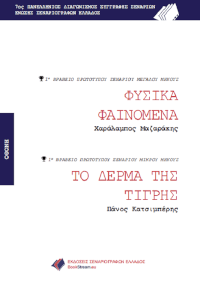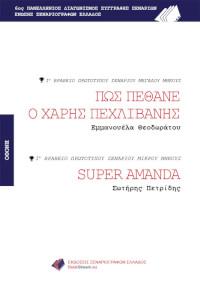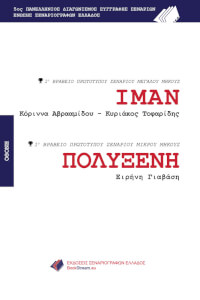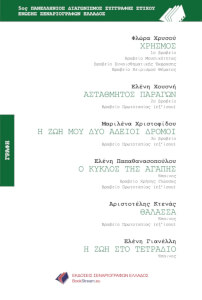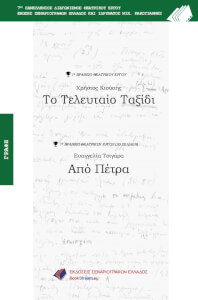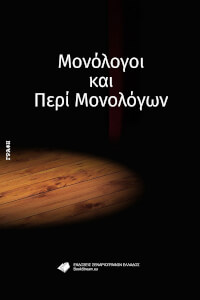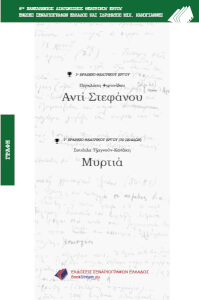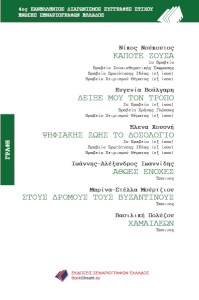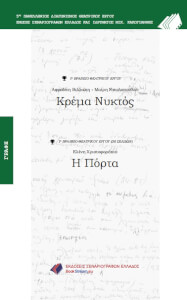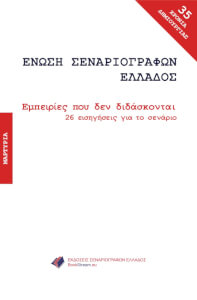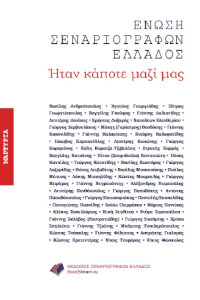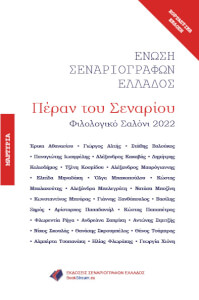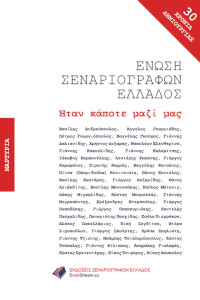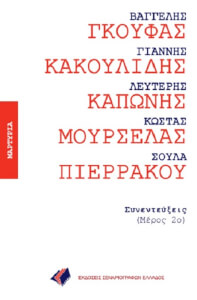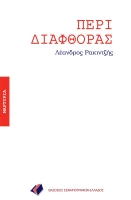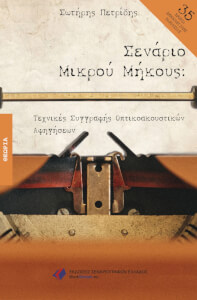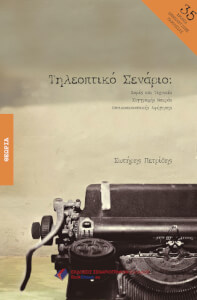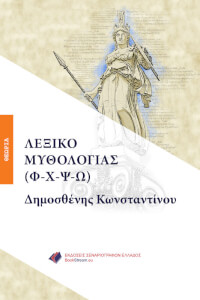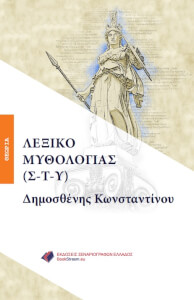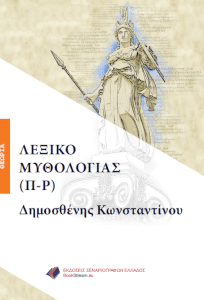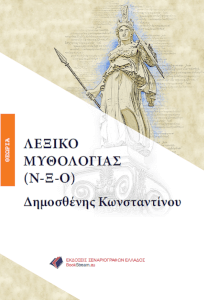Towards a new life for Creative Works
News Release - Alicante, 27 October 2014
A new database for “orphan works” has been launched today by the Office for Harmonization in the Internal Market (OHIM).
Orphan works are all those works such as books, films, newspaper articles and other creative material that are protected by copyright, but whose owner cannot be found.
There are millions of orphan works in libraries, museums, public broadcasters’ archives and other public institutions in the EU – The British Library, for example, which holds over 150 million items, estimates that up to 40% of creative works in its collections could be orphan works.”
But without permission from the author or his heirs, nobody can digitise or disseminate these works. Such prohibition also applies to cultural institutions, which are holding back wider public access to a considerable part of our cultural heritage.
The EU Directive on Orphan Works which entered into force at the end of 2012, is designed to solve this problem by setting out common rules for the digitisation and online display of orphan works which had been first published in the EU. Under the Directive, such works which have been identified as orphan after a diligent search on their authorship may be used by public institutions. All orphan works must be included in an EU-wide data base the creation of which was entrusted to OHIM. OHIM has now finished building the Orphan Works Database, a single publicly- accessible online platform.
It aims to collect information about orphan works which are part of the collections currently held at national level by public libraries, museums, archives, film and audio heritage institutions and public service broadcasting organisations all over Europe.
These cultural bodies that hold works must first conduct a diligent search on the authors of the works and if such search is fruitless they must record the information about the work in the database.
Once identified as orphan in one country, these works are recognised as orphan across the European Union. This means that any cultural organisation having these works in its archives may digitise them and make them available across the EU. Such rules are an exception to copyright, and authors who recognise one of their works in the data base may of course request a change of status and to get back their full rights on the work in question.
Digitisation remains a challenge, with only a fraction of Europe's collections digitised so far (around 12% on average for libraries and less than 3% for films). The lack of data on the works is a major obstacle to digitising and making such works available online.
“I personally believe that the database will be a very useful tool: a transparent and also manageable interface on which the users of orphan works, their right holders and also the competent national authorities can rely on. This database will not require heavy administrative duties from us, and will provide great benefits to cultural organisations in a wide sense, creators, and the general public", said Dr. Péter Lábody, head of the Copyright Department at the Hungarian Intellectual Property Office.
Benjamin White, Head of Intellectual Property at the British Library, said:
“The Orphan Works Database, backed by the Directive, is a small but important step toward making Europe’s cultural heritage digitally available. As well as helping cultural institutions to digitise historic collections, the database will prevent duplication of effort, and encourage knowledge sharing and dissemination of best practice. This balanced solution will encourage innovation across Europe, while protecting and promoting the interests of creators.”
See also: http://www.escriptors.cat ![]()
Ενημέρωση: 07-11-2014



